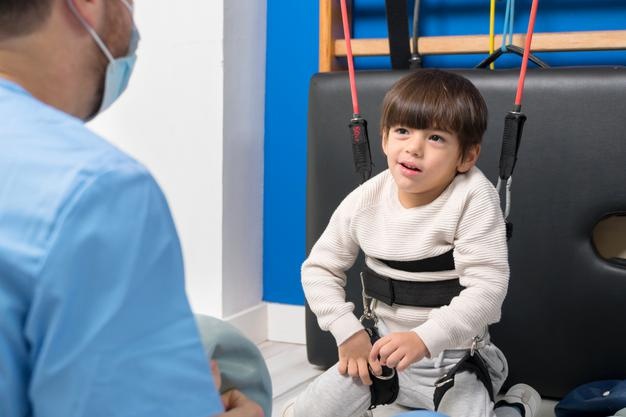Progressive Connections Early Intervention
Progressive Connection’s team of Early Intervention Specialists are known as Key Workers. They provide support by working directly with families who have concerns about developing their child aged 0-6 years, early childhood education centres, schools, and other services working with the family. Although each Key Worker has a specific professional background, they are highly skilled in all developmental areas and support each other as a team working with children and families. Where a child and family need help in areas not entirely covered by Progressive Connections, they will also help with connections to other services.

Early Intervention Specialist Teacher
Early Intervention Teachers are trained in child development, learning and social and emotional wellbeing. They will work with the significant adults around the child in everyday settings, including home, preschool or school to ensure that children are learning and developing through their everyday activities and interests that engage and motivate them. Early Intervention Teachers focus on understanding what helps each child learn best in their natural environments, such as their home, childcare centre, school and community. They help families pull together all their goals and plans and put them into action in everyday life. Early Intervention Teachers are passionate about children’s education, believing that every hour of every day is a learning opportunity for young children. They will work with other educators to support children in developing skills for playing, learning and making friends at preschool and school.
Speech Therapist
Speech Pathologists work with children needing support with communication difficulties, including speaking, understanding and social development, and children experiencing eating and drinking difficulties.
A Speech Pathologist can:
- Support parents/carers to develop enjoyable ways of enhancing their child’s listening, talking and interacting with others;
- If needed, develop resources and specialised strategies to help a child’s speech and language development;
- Assess and support a child’s oral motor development and help with feeding and swallowing issues.


Occupational Therapist
An Occupational Therapist can:
- Work with parents/carers to help a child get the most out of their daily activities; playing, eating, dressing, toileting and sleeping. They’ll help find fun and motivating ways to develop a child’s fine motor skills like holding a spoon, drawing and using scissors at home, pre-school or school.
- Help parents/carers understand a child’s senses and find ways to support a child in improving their attention and enjoyment. Suppose a child’s independence can be enhanced through home modifications or assistive technology to help them get around, join in, or be more independent. In that case, they will assess a child’s needs and help to find the supports that suit a child and family’s life.
Physiotherapist
Physiotherapists work with children to promote optimum physical function and development to choose how and where they move. They encourage independence and active participation at home, school, community, and recreational activities with friends. A Physiotherapist can:
- Work with parents/carers to find fun ways to support a child’s physical development and movement, such as rolling, sitting, crawling, jumping, hopping and climbing.
Assist with physical skills such as strength, endurance, walking difficulties, balance and coordination. They will work with parents/carers to help a child to develop these skills at home, the local park, pre-school, swimming lessons, kindergarten and school.


Psychologist
- Supports parents/carers to strengthen the relationship they have with the child.
- Recognises the impact that parenting a child with developmental delays and/or disability has on the family and can support the emotional wellbeing of all family members.
- It can assist with helping a child understand and manage their emotions and behaviour.
- Will ensure that families can access other beneficial local community activities and programs.
- Help families by connecting them with community and government services when needed.
